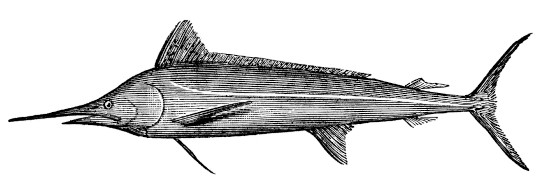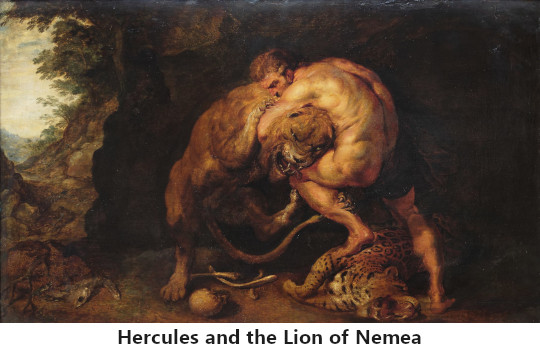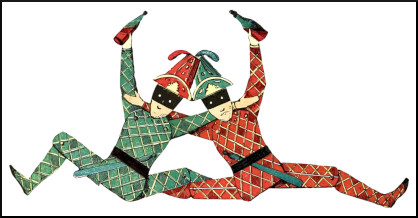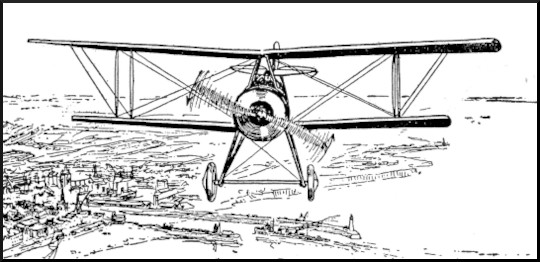Gertrude Stein? Alice B. Toklas? Glenway Wescott? William Styron? Anonymous?

Question for Quote Investigator: Whenever I experience difficulty in a creative endeavor like writing or drawing I am reminded of the following expression:
I have the syrup, but it won’t pour.
The prize-winning author William Styron said something similar to this. Would you please help me to find a citation?
Reply from Quote Investigator: In 1933 prominent novelist and art collector Gertrude Stein published “The Autobiography of Alice B. Toklas”. Stein’s book adopted the viewpoint and voice of her friend and life partner Toklas, but Stein was the ultimate author. The work briefly remarked on two contemporary authors. Boldface added to excerpts by QI:1
Then there was McAlmon. McAlmon had one quality that appealed to Gertrude Stein, abundance, he could go on writing, but she complained that it was dull.
There was also Glenway Wescott but Glenway Wescott at no time interested Gertrude Stein. He has a certain syrup but it does not pour.
In 1979 William Styron published “Sophie’s Choice”, and a character in the novel referred back to Stein’s words while describing his difficulties:2
It was not that I no longer wanted to write, I still yearned passionately to produce the novel which had been for so long captive in my brain. It was only that, having written down the first few fine paragraphs, I could not produce any others, or—to approximate Gertrude Stein’s remark about a lesser writer of the Lost Generation—I had the syrup but it wouldn’t pour. To make matters worse, I was out of a job and had very little money and was self-exiled to Flatbush . . .
Below are additional selected citations in chronological order.
Continue reading “Quote Origin: I Had the Syrup But It Wouldn’t Pour”





